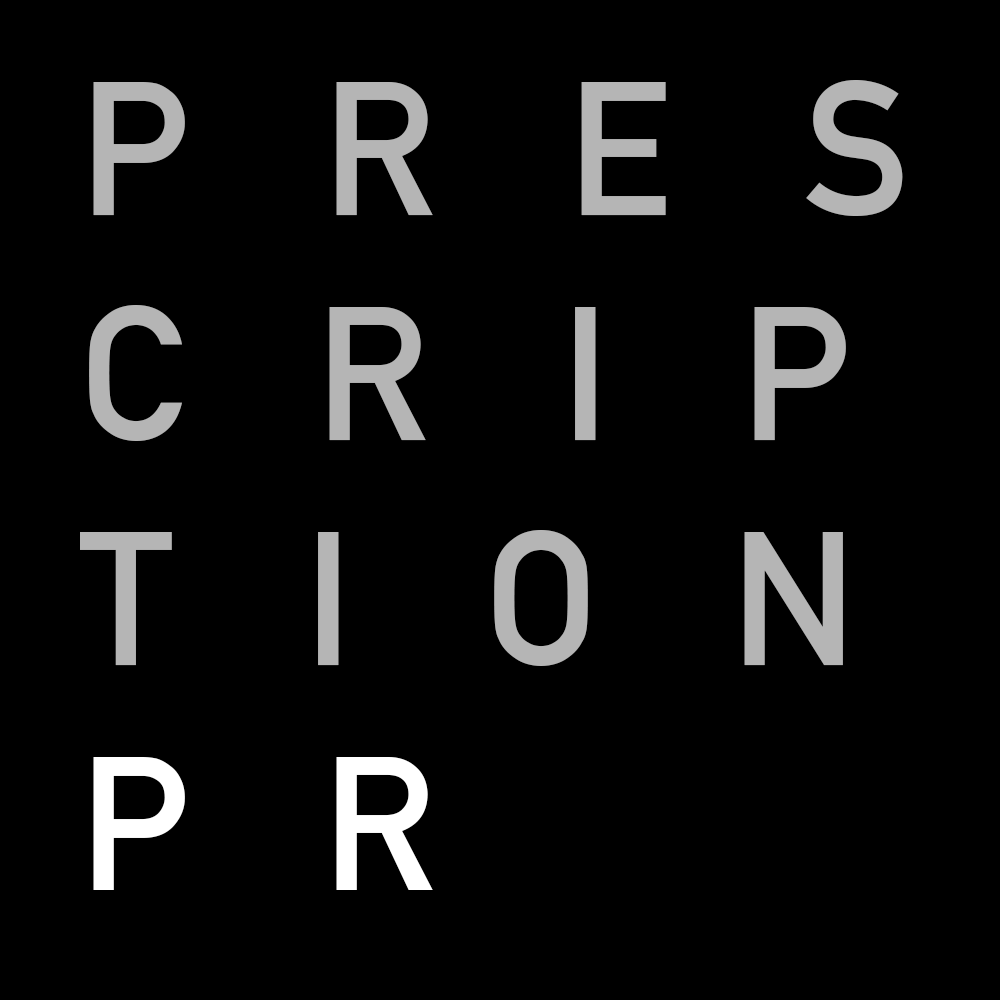Facebook ads for musicians: 5 key tips
The words ‘Facebook page’ and ‘music career’ tend to pop up in a lot of the same sentences these days, with the health of former typically being seen as vital to the success of the latter.
It’s easy to see why: many labels and promoters assume that a band with a lot of Facebook fans is genuinely popular (and thus worthy of attention), and many musicians assume that having a large Facebook following will ensure high turnout at gigs and lots of direct-to-fan album sales.
Whilst these assumptions are often misconceptions, Facebook can play a very important role in raising a band’s profile - so long as a few things are kept in mind.
The first thing to remember is that in 99 out of 100 cases, Facebook reach - especially for brand new acts - costs money. Sure, you can set up a page for free, but you are unlikely to get many likes without effectively ‘buying’ them. Similarly, you can post as much great content as you like, but only a small minority of your followers will see it unless you sponsor your posts.
In other words, a career via Facebook means ad spend on Facebook, so in this post, we’re going to provide a few hacks to help ensure you get the most out of a music ad campaign on the platform.
1. Target the right Facebook users
The best (or worst!) feature of Facebook ads is that they let you target people based on interests to the nth degree (you might have noticed this during the last general election). For example, you can pay to show Facebook ads to parents who like cats and drink whiskey. Or Star Wars fans who are aged between 30-40 and like Skodas.
Cats and Skodas aside, what this means for you as a band or artist is that you can pay to show ads for your music to the people who are most likely to enjoy it - i.e., fans of similar sounding acts. Simply put, if you sound like Def Leopard, it’s dead easy to show a Facebook ad for your band to Def Leopard fans. This is much better than the ‘spray and pray’ approach that a lot of bands take, where they boost posts to their existing followers and ignore the targeting features which will help them gain new ones.
2. Target fans in the right locations
In addition to allowing you to show ads to people based on their interests, Facebook also allows you to show ads to them based on their location. For touring bands, this can be incredibly helpful - both in terms of maximising the value of your ad spend or maximising the turnout at a gig. Doing this is as easy as highlighting an area that you want to target on a map, or uploading a spreadsheet containing target postcodes.
3. Use ‘custom audiences’
Facebook advertising is not just about targeting based on interests and demographics. It’s also about making use of the data you already have. Using Facebook 'custom audiences', you can upload your existing mailing list to Facebook and show ads to everyone on that list who has a Facebook account. This means that even if somebody on your mailing list is not following your page, you can still display adverts to them just the same - so long as they have a Facebook account.
4. Install the Facebook pixel on your site
If you have a band website (and you should!) and intend to advertise on Facebook, then you should install the Facebook pixel onto your site. This is a simple line of code which basically adds a Facebook cookie to your website. This cookie then allows you to display ads for your band to anyone who visited your website in the last 90 days.
5. Don’t just focus on getting likes for your page
Because of the perceived importance of having thousands of Facebook likes for your music page, many artists who run ads on Facebook just focus on using them to increase the like count. But it’s worth remembering that Facebook advertising also provides a really good way of growing your email database. Instead of encouraging people to like your Facebook page, you can encourage them to subscribe to your mailing list (usually in exchange for some content) .
In many ways, a large email database is a more important asset than a large following on Facebook - simply because you own it, and you can communicate with all of your subscribers via e-newsletter any time you want. This contrasts with Facebook pages, where algorithms ensure that only a small percentage of your followers see what you post and you have to pay to maximise reach.
Hope you enjoyed these tips - for more, don't forget to subscribe to The Prescription, our music industry blog.
Related articles
You may also enjoy some of these pieces on Facebook from other sites:

